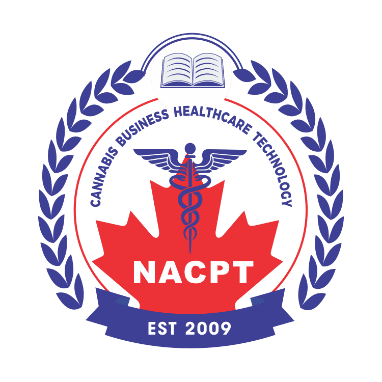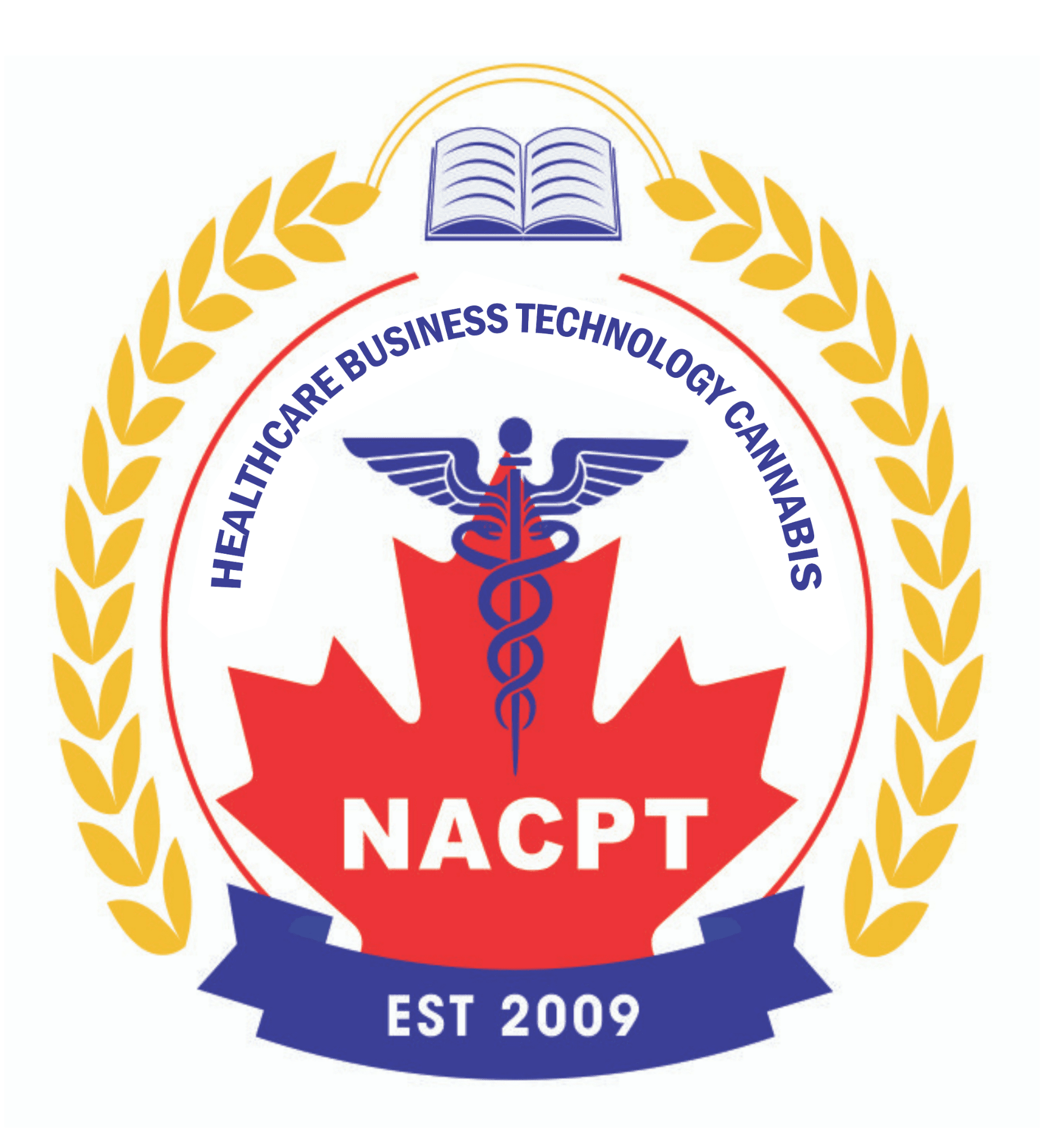- Home
- About Us
- Diploma Programs
- Certificates
- Cannabis
- Healthcare
- Pharmaceutical
- Corporate Training
- CannSell Expert Certification
- Information Technology
- ESL Program
- Psychedelics
- Food Handler Certification
- Apply
- Student Services
- Events
- Blogs
- R&D
Pharmaceutical products are one of the most regulated products around the world as they are essential in providing health needs to the public. Therefore, their evaluation requires a high level of regulation and expertise. Pharmaceutical regulations are a combination of legal, administrative and technical measures taken to ensure the safety, efficacy and quality of the medicine. Pharmaceutical regulations are evolving in countries around the world, but the goal towards harmonization and globalization of pharmaceutical regulation is necessary to be achieved. This article will discuss the steps towards harmonization of pharmaceutical regulations around the world.
The international conference on harmonization on Technical Requirements for Registration of Pharmaceuticals for Human Use (ICH) is a project that aims to harmonize the regulatory authorities and experts from Europe, United States and Japan, and discuss scientific and technical aspects of pharmaceutical product regulations. The purpose of the harmonization is to facilitate the evaluation of testing carried out during research and development of new drugs. The globalization of pharmaceutical regulations has many benefits such as; lowering the cost of drug development, reducing shipping cost, improving information and communication technologies and increasing the availability of the product and maintaining a high level of regulation. Furthermore, the Harmonization among different countries around the world will encourage sharing experience and knowledge of scientists from different countries.
Good Manufacturing Practice (GMP) is a regulation used to ensure that the product is produced according to the quality standards. Using good manufacturing practice while producing the product eliminates risks such as cross contamination and false labeling. To follow Good Manufacturing Practices, many rules need to be followed, such as; validation of process, following SOPs, keeping good records, training staff and practicing good hygiene. The globalization of GMP helps producing and distributing pharmaceutical products in multiple countries around the world, following the same standard procedure in drug production.
Harmonization achieved to maintain the quality of the product such as conducting stability studies, defining impurities and making risk assessment. For example, Stability studies would include testing of pharmaceutical products under different temperature, humidity and light conditions. Therefore, standardization of stability studies will allow for worldwide distribution of the drug.
Good Clinical Practices (GCP) is an ethical and scientific standard for designing, conducting, recording and reporting trials that involve human subjects. Complying with GCP ensures the right, safety and well being of the trial subject. The international harmonization of ICH regulation ensures that human rights and safety of an individual are protected internationally when conducting clinical trials.
In conclusion, the Harmonization of pharmaceutical regulation is a great step that helped different countries around the world to follow similar pharmaceutical regulations such as GMP and GCP. This harmonization helped speed up production, benefit from expertise knowledge around the world and helped countries around the world to produce and distribute medications following similar practices.
Pharmaceutical and Biotechnology Advanced Diploma
Pharmaceutical and Bio-pharmaceutical Clinical Research
Pharmaceutical Quality Control and Quality Assurance
Pharmaceutical Formulation and Validation
For Job Assistance Programs and Financial Aids contact us today at +1 416 412 7374 / +1 647 998 7374 (Text) / info@nacptpharmacollege.com or visit us at www.NacptPharmaCollege.com Also learn more information on pharmaceutical validation, pharmaceutical clinical research, pharmaceutical formulation, and pharmaceutical quality assurance courses.

Medical Office Administration
Medical Office Administration











